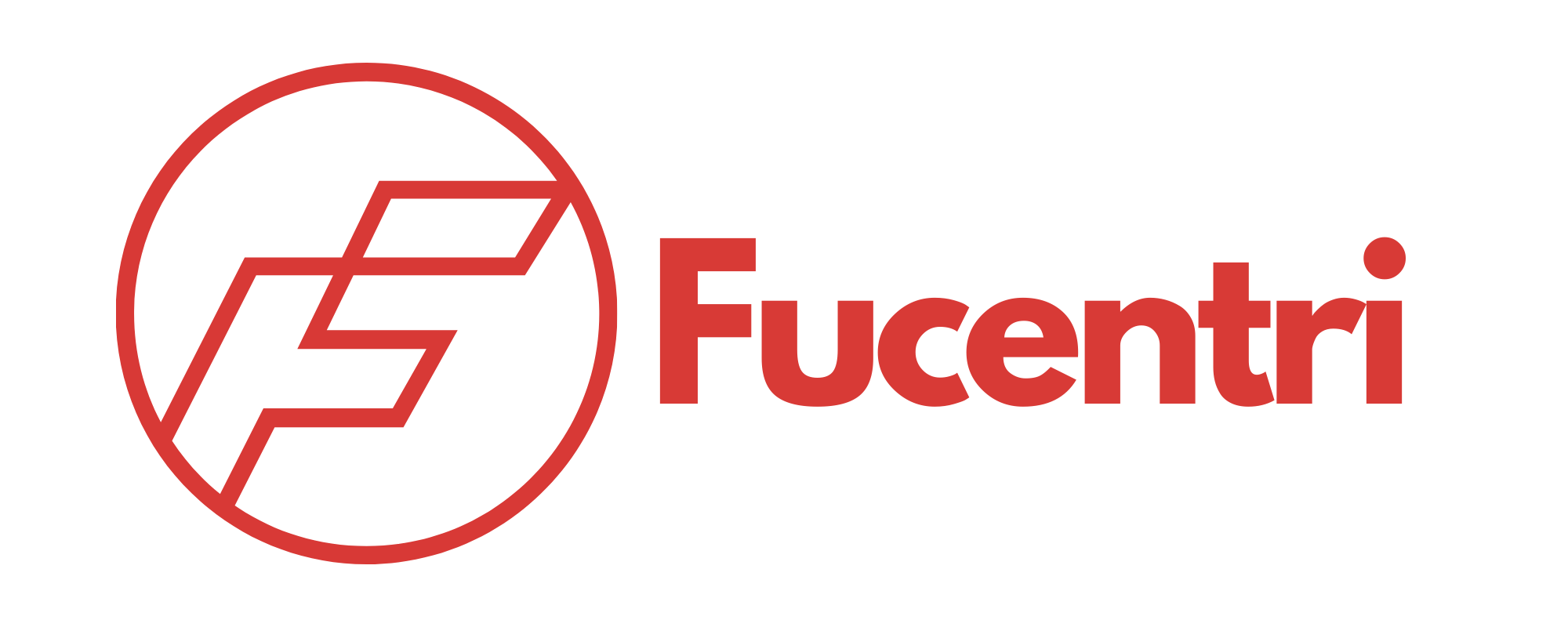Case Studies in Decentralization: Real-World Examples of Transformative Technology Applications
Decentralization is revolutionizing various industries, from governance to supply chain management. Through the lens of real-world case studies, we can observe how decentralized technology is creating innovative solutions that enhance efficiency, security, and transparency.
One notable example is Estonia’s digital governance system. The country has adopted blockchain technology for various public services, including e-voting and digital identity verification. By decentralizing these services, Estonia has successfully reduced bureaucracy, increased citizen participation, and ensured the integrity of its electoral process. The e-residency program, which allows non-Estonians to access Estonian services, has further illustrated the potential of decentralized governance, fostering a more inclusive approach to citizenship.

In the supply chain sector, Walmart has partnered with IBM to implement a blockchain-based food traceability system. This initiative allows the retail giant to track the origin of food products quickly, enhancing food safety and quality control. In the event of a foodborne illness outbreak, Walmart can trace the source of contamination in seconds rather than days, drastically improving response times and reducing public health risks. This case underscores how decentralization can lead to safer food supply chains and build consumer trust.

Another compelling case study comes from the energy sector. Power Ledger, an Australian startup, utilizes blockchain technology to create decentralized energy trading platforms. This system allows homeowners with solar panels to sell excess energy directly to their neighbors, bypassing traditional energy retailers. This decentralized approach empowers consumers, promotes renewable energy usage, and creates more resilient energy systems.

The healthcare industry is also witnessing the benefits of decentralization. PatientsLikeMe is a platform that allows users to share health data while maintaining control over their information. This decentralized model encourages transparency and collaboration among patients, leading to better health outcomes and improved understanding of various conditions.
Lastly, in the realm of finance, the success of decentralized finance (DeFi) platforms like Uniswap highlights the transformative potential of decentralization. These platforms allow users to trade cryptocurrencies without intermediaries, fostering a more democratic financial ecosystem that reduces fees and increases accessibility.

These case studies illustrate the diverse applications of decentralized technology across various sectors. As organizations continue to embrace these innovations, the potential for transformative change is significant. By prioritizing transparency, security, and efficiency, decentralized systems are paving the way for a more equitable and sustainable future.
Newsletter
Every week, we send out latest useful news. Subscribe and get the free newsletter in your inbox.




